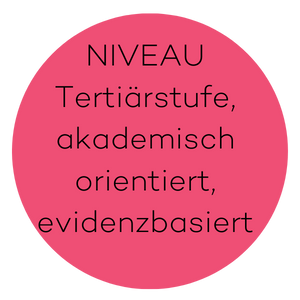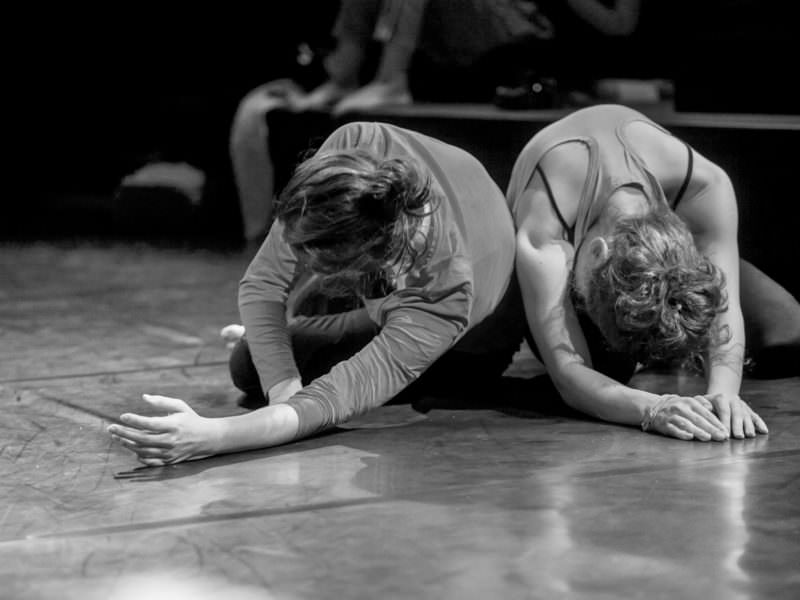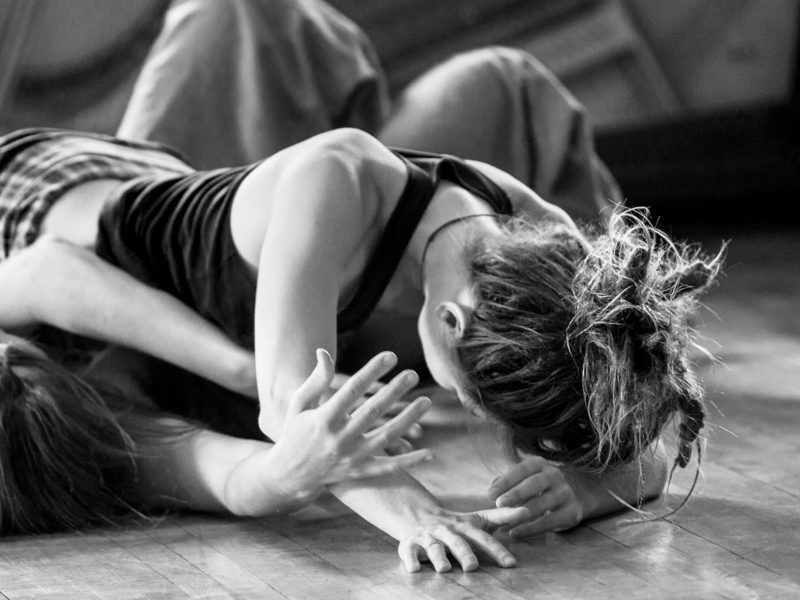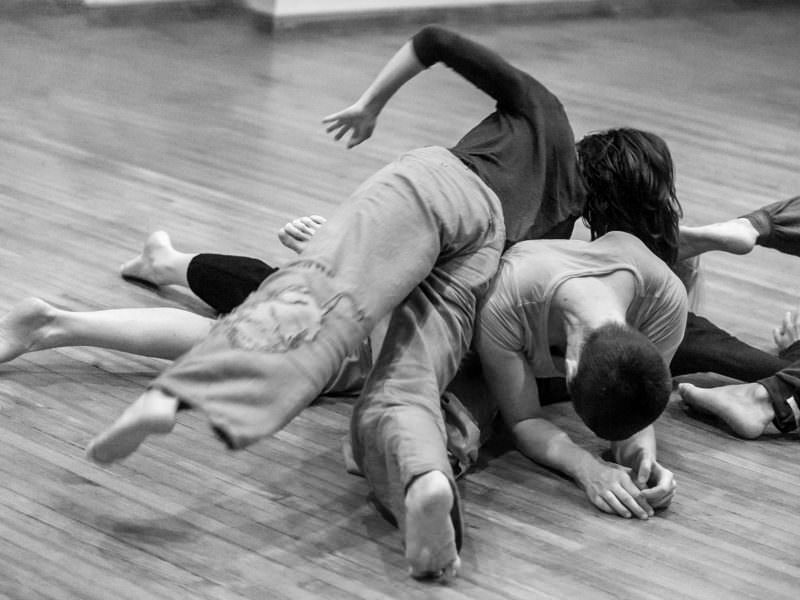
The learning level at ZOE SCHOOL
How do you learn at ZOE SCHOOL?
Learning throughout the course is movement-based experiential learning. This means that personal experiences are incorporated into all learning content and are reflected on and linked to theory. The high level of our teachers guarantees you an education at tertiary level (Master’s level).

Our forms of learning
Active participation: You take an active role in the learning process by contributing your existing knowledge from your life or previous education. We understand learning as multidimensional, which means that thoughts, intuition, feelings, emotions, sensations and cognitions are equally important.
Reflection and new perspectives: Active participation gives rise to processes of reflection, from which both the consolidation of theory and new ideas and perspectives develop in a dialog between you and all participants.

Our philosophy of learning
Results of movement and experience-based learning:
You will develop
Holistic knowledge: Your knowledge is comprehensive, interactive and continues to develop after the course.
Skills and values: You develop practical skills, therapeutic values and attitudes as well as a high degree of empathy.
Non-verbal communication: You will learn to respond to the non-verbal expression of thoughts, feelings and needs in yourself and others and to react accordingly.
Transfer to practice: You transfer your experiences and insights from personal development processes into your actions and thus also into your future (clinical) practice.

Our teaching formats
In contact teaching:
- The learning content is conveyed to you in a theoretical and practical way
- You are encouraged to reflect, new ideas and perspectives emerge
In guided discussions:
- You will be supported in discovering your strengths, interests and preferences what makes you a unique Dance Movement Therapist.
In self-study time:
- Deepen and broaden the knowledge acquired in the contact teaching by studying the literature.
Self-check:
- You will independently review your theoretical and practical knowledge.
- Do research in the areas of your strengths, interests and preferences.
In guided self-study time:
- The teachers are personally available to you in order to answer any questions and issues that may arise during the self-study time.
Learning coaching:
- If you need learning coaching, we are available to you at any time.
Circular learning
Circular learning means that the learning content is dealt with repeatedly at different times, in different contexts and with increasing complexity. In combination with experiential and movement-oriented learning, this approach ensures that the learning content is holistically anchored and that students acquire the ability to apply what they have learned in every possible context.
This competence precisely reflects the prerequisite for applying what has been learned in a dance therapy context.
